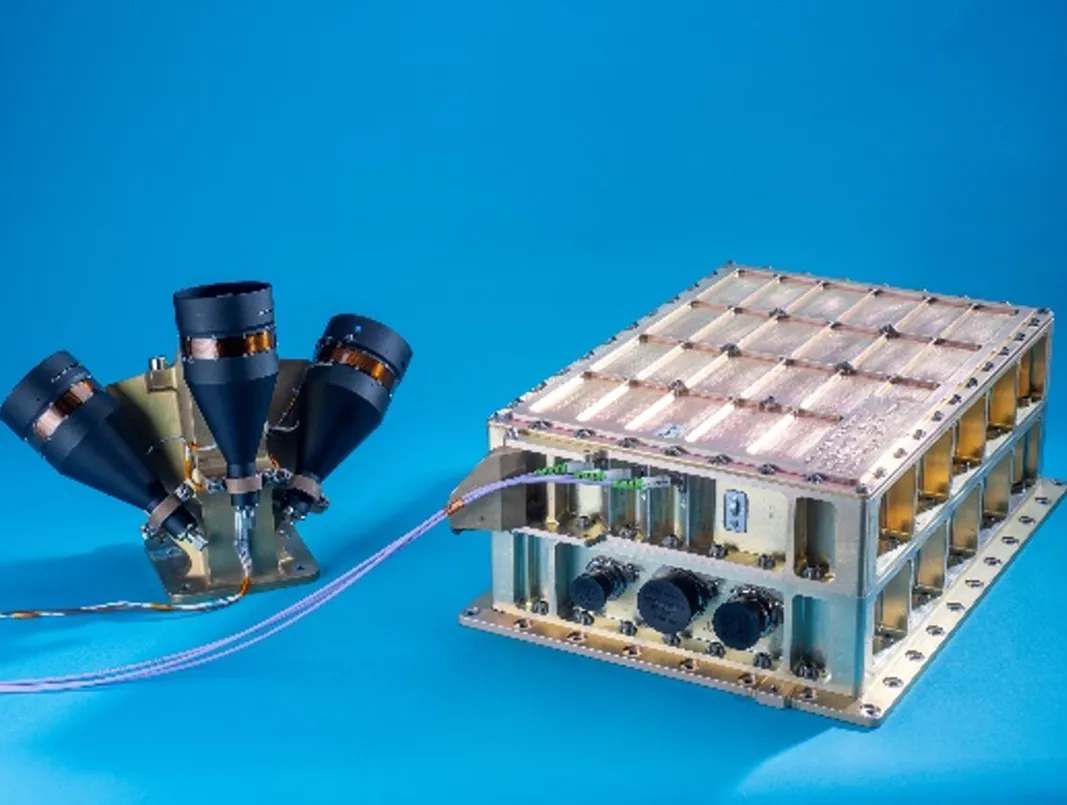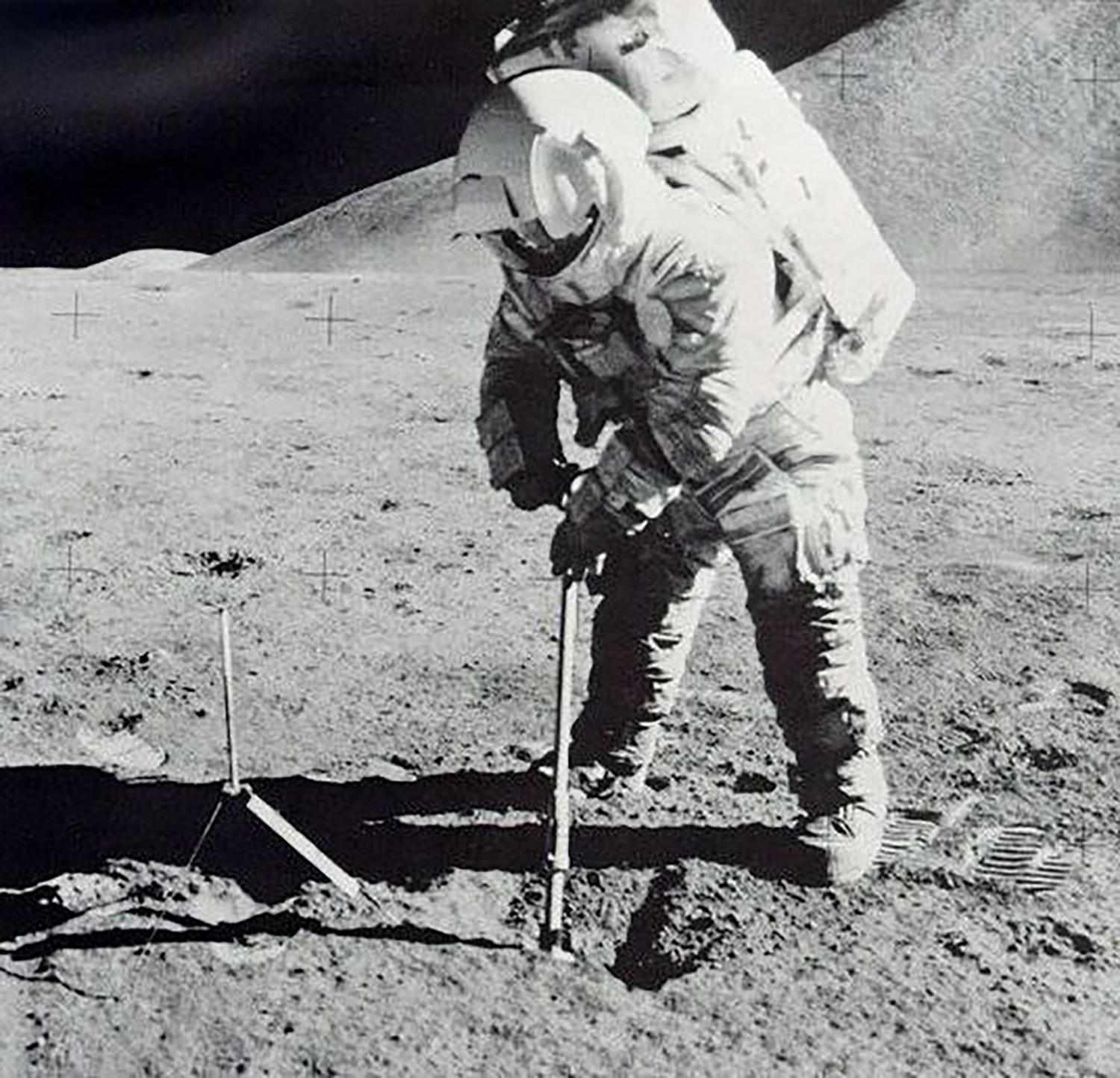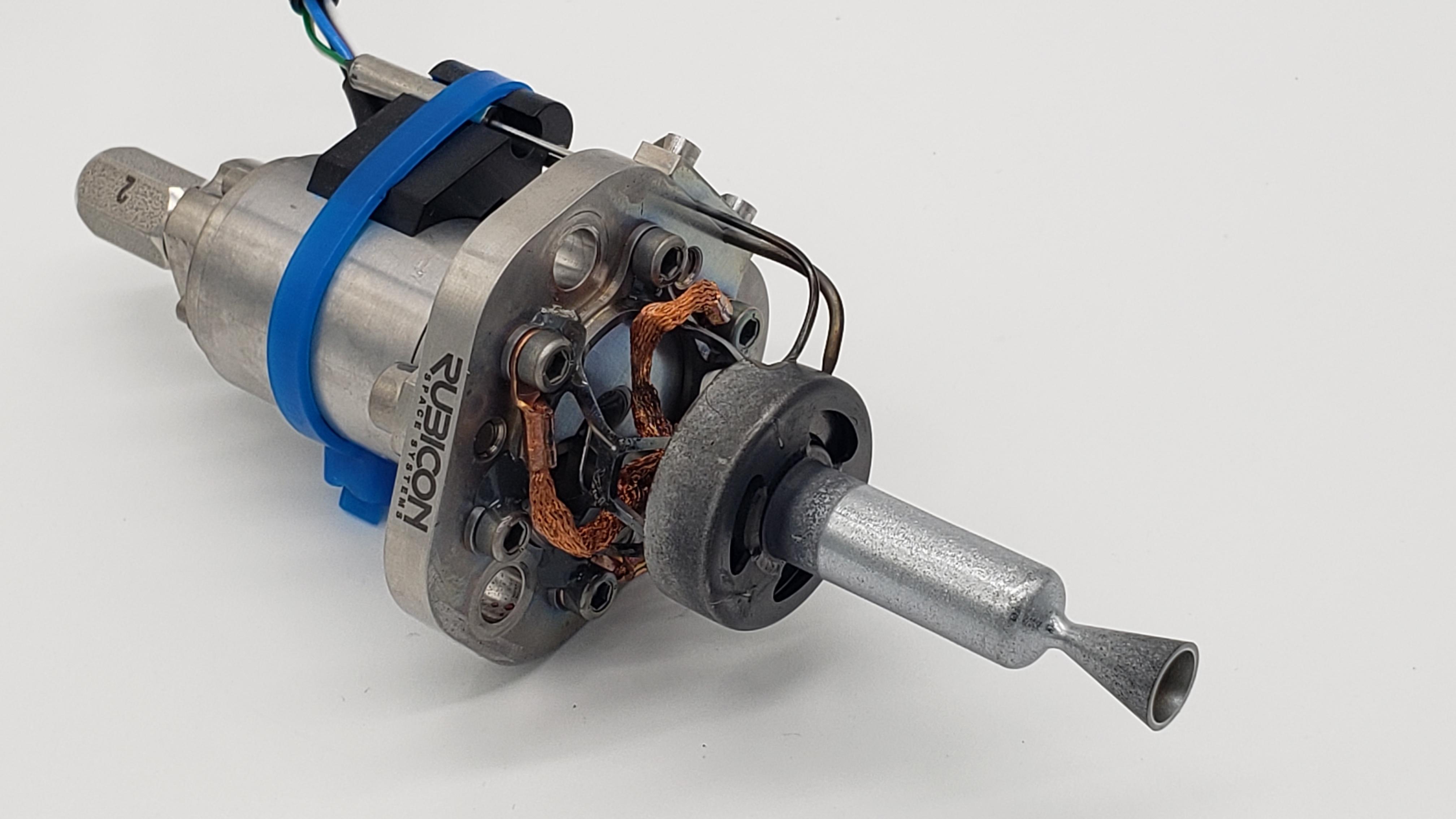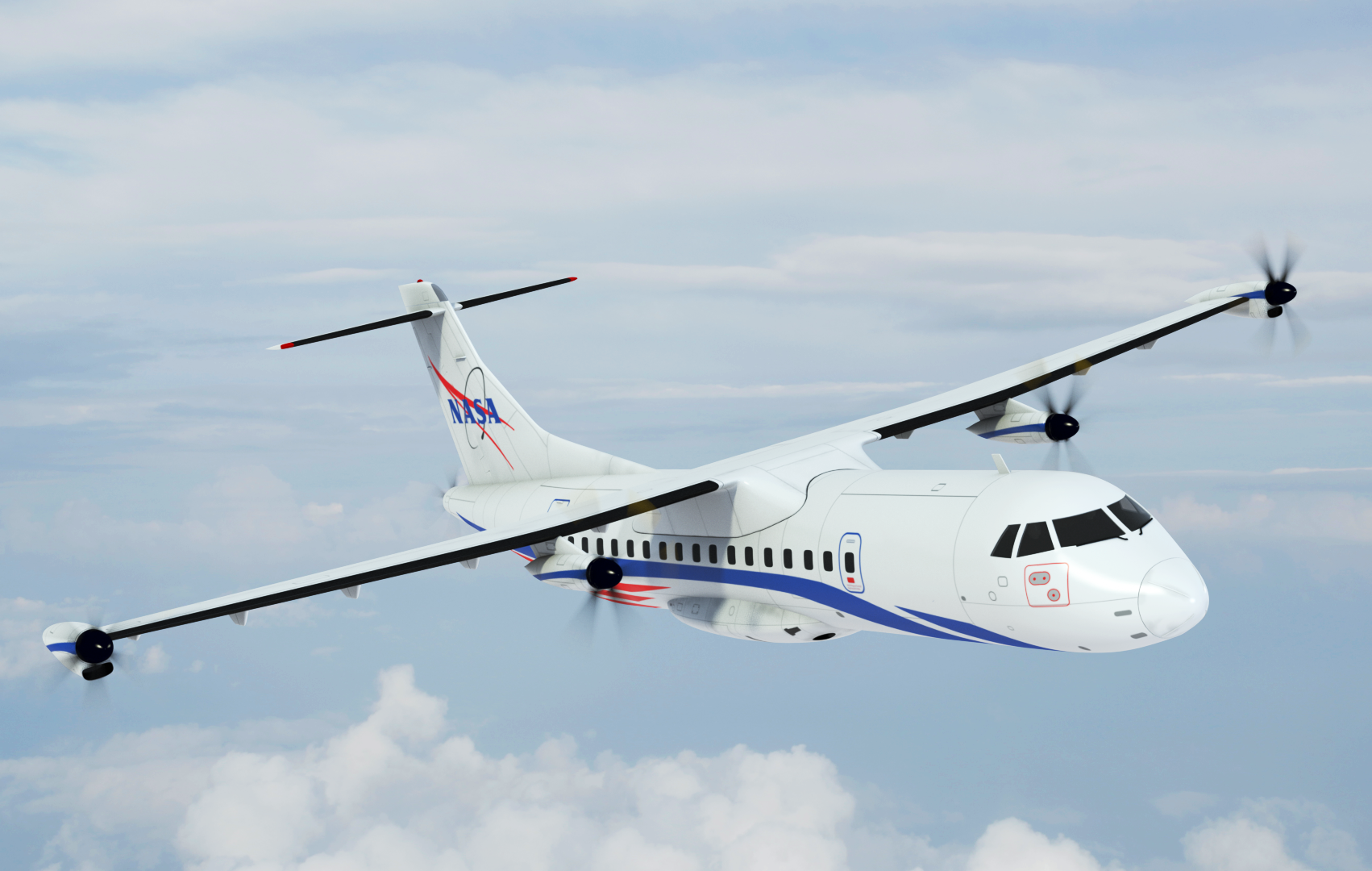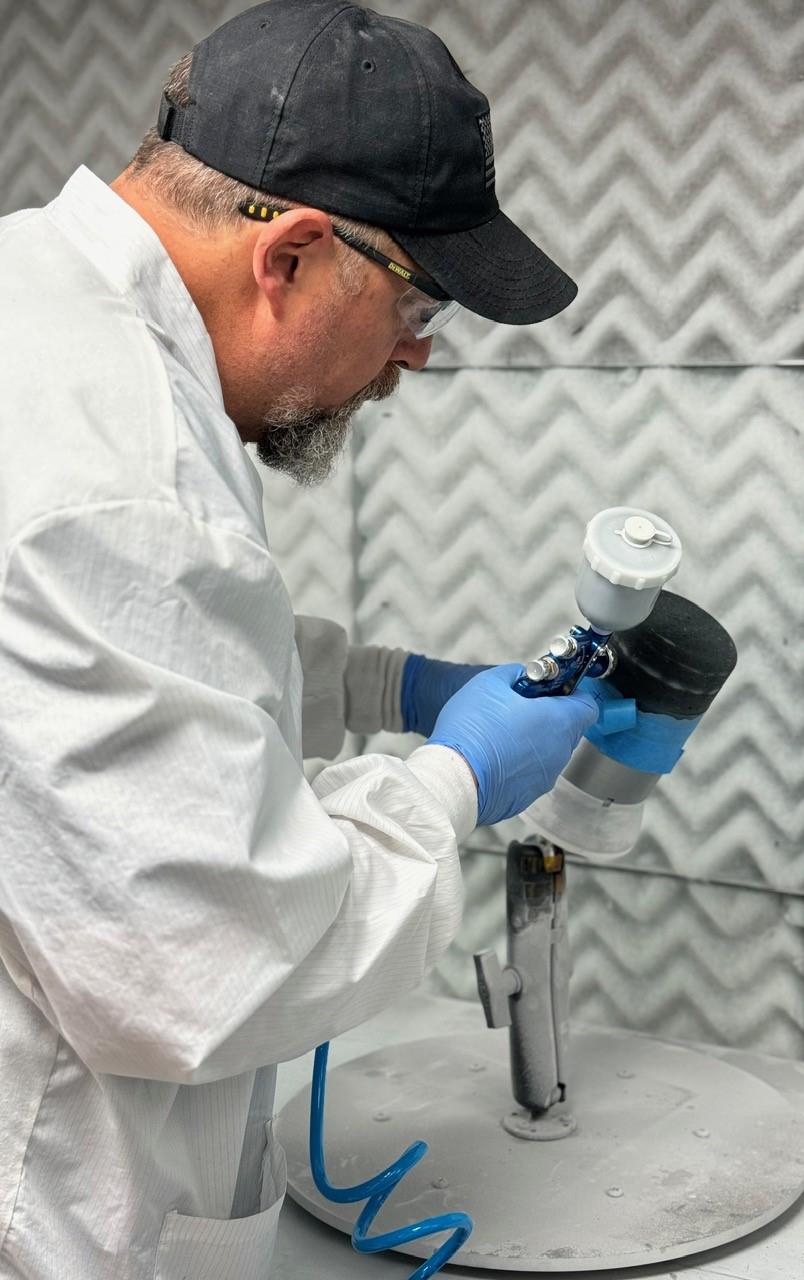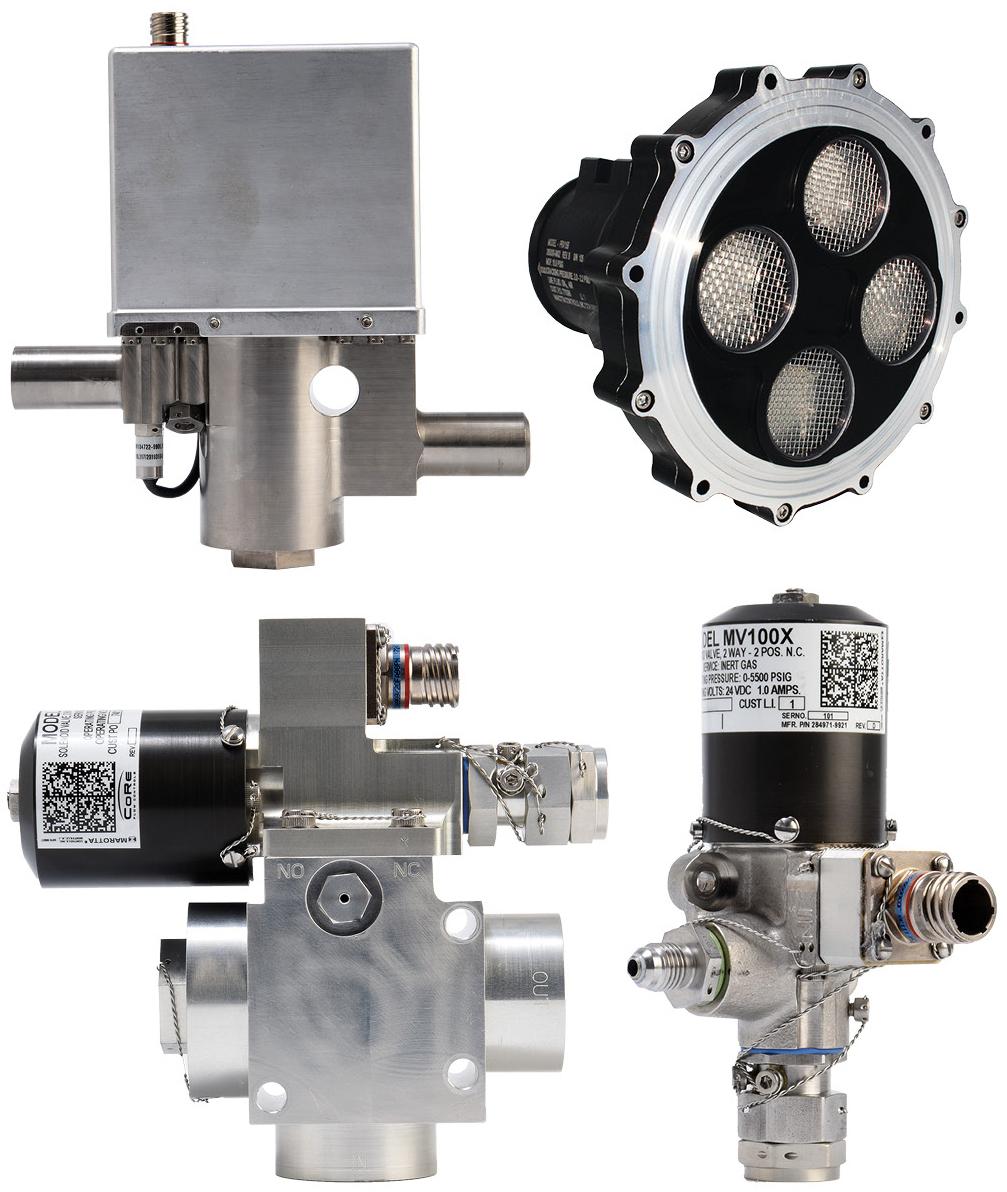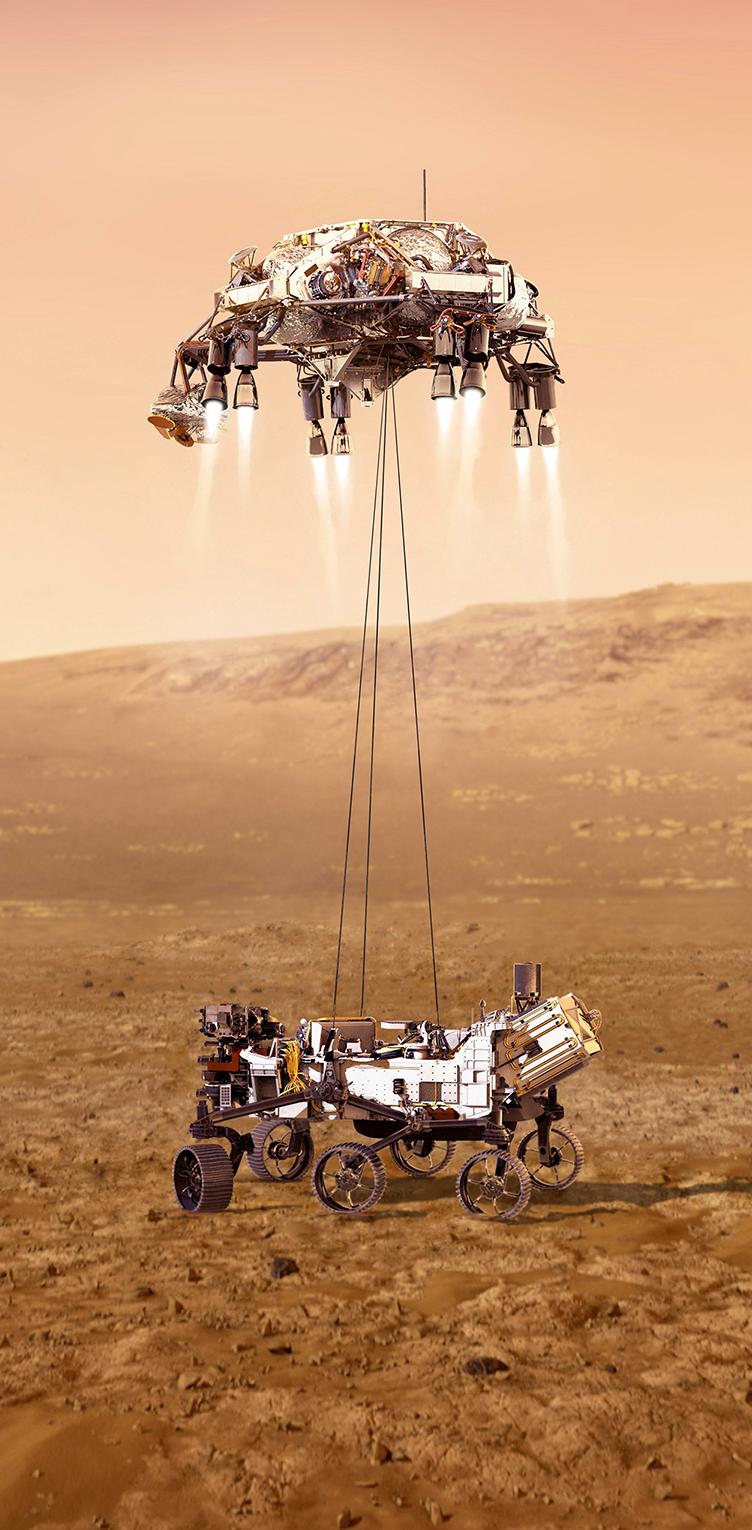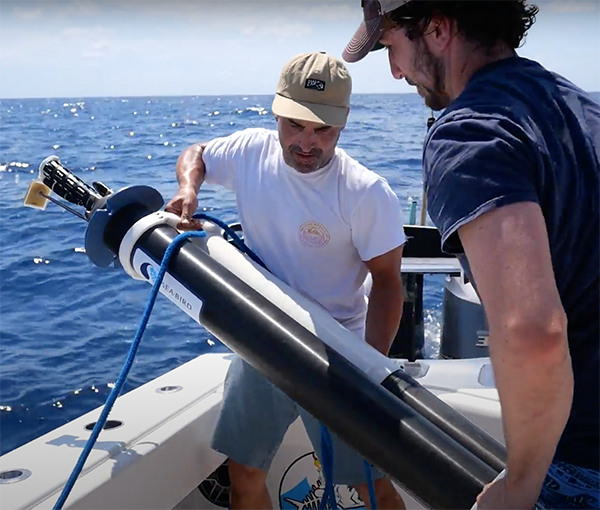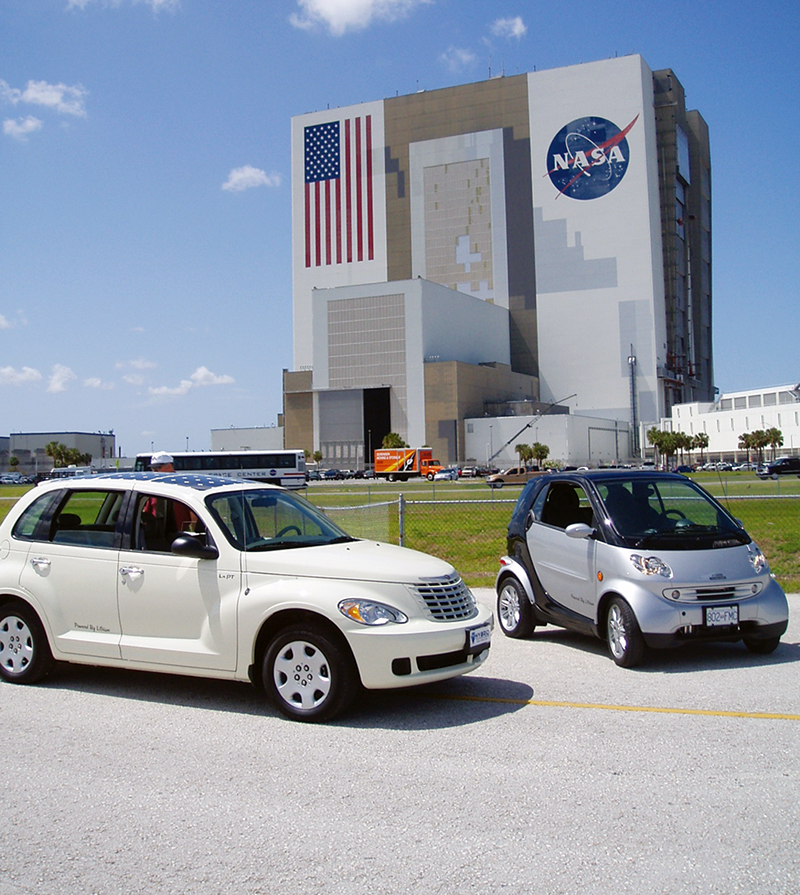
Lithium Battery Power Delivers Electric Vehicles to Market
Originating Technology/NASA Contribution
As increased energy efficiency, and particularly fuel efficiency, becomes a greater concern, hybrid and electric vehicles gain greater prominence in the market. Electric vehicles (EVs), in particular, provide an attractive option as they produce no emissions during operation, isolating any potential emissions and effluents in the manufacturing and energy-generation streams.
The necessary energy stores to support a shift to EVs already exist, as utilities constructed to address peak demands have off-peak surpluses sufficient to charge about 180 million plug-in hybrid or all-electric cars. According to a report from the U.S. Department of Energy’s Pacific Northwest National Laboratory, there is enough excess generating capacity during the night and morning to allow more than 80 percent of today’s vehicles to make the average daily commute solely using this electricity. Effective energy management sees its ultimate realization in the vehicle-to-grid (V2G) concept, in which plug-in hybrid and electric vehicles can be used to balance energy demand and consumption. In a V2G system, millions of automotive batteries could absorb excess power generated, and release it back into the grid at times of insufficient supply. With a several kilowatt-hour storage capacity per vehicle, millions of operational plug-ins could act as a safety net for the power grid, supplying backup power in an outage, with the vehicle owners credited for power returned to the grid. This smoothing of excess and deficiency in the power grid would also help stabilize intermittent sources of energy such as wind power and make them more viable alternatives.
Historically, the primary obstacles to the widespread application of EVs were lack of infrastructure development and a lack of sufficiently robust battery technologies to consistently power vehicles for an extended duration and at performance levels suitable to a modern urban environment. Technology may at last have caught up with the need, and rising petroleum prices are encouraging more and more consumers to consider electric and hybrid vehicles. In addition, a study by the U.S. Department of Transportation has indicated that plug-in cars capable of 50 miles per day would meet the needs of 80 percent of the American driving public, the average daily commuters.
NASA has taken a keen interest in battery-powered vehicles, and is encouraging their continued development. The “NASA Official Fleet Management Handbook,” regarding the use of alternative fueled vehicles, states: “Ideally, all Centers should have on-site alternative fuel facilities . . . . Centers are encouraged to use NEVs [Neighborhood Electric Vehicles] to fill inventory requirements where feasible.”
Partnership
Hybrid Technologies Inc., a manufacturer and marketer of lithium-ion battery-EVs, based in Las Vegas, Nevada, and with research and manufacturing facilities in Mooresville, North Carolina, entered into a Space Act Agreement with Kennedy Space Center to determine the utility of lithium-powered fleet vehicles. Under this agreement, the company supplied a fleet of cars for the engineers at Kennedy to test. In return for the engineering expertise supplied by the NASA employees, the Center was given the opportunity to use the zero-emission vehicles for transportation around the Kennedy campus. NASA contributed engineering expertise for the cars’ advanced battery management system, and vehicles selected for use in the Kennedy fleet included the Hybrid PT Cruiser, lithium smart fortwo, and a high-performance all-terrain vehicle.
The vehicles were powered by Ballard Power Systems’ 312V 67 MS electric drive system, which has a 32kW continuous rating and delivers a peak power of 67kW, with torque of 190 Nm (140 lb-ft). Hybrid Technologies selected this motor based on its proven track record and excellent power-to-weight ratio. The electric PT Cruisers have a top speed in excess of 80 miles per hour and a range of 120 miles. Charge time is 6-8 hours with either 110-120 V or 220-240V, and the lithium-ion battery pack has a cycle life of more than 1,500 charges.
In addition to the vehicles supplied to NASA, the company provided a fleet of lithium-ion battery-powered vehicles for use by the U.S. Environmental Protection Agency and the U.S. Navy.
Product Outcome
Hybrid Technologies deployed the first all-electric taxi in New York City and has begun demonstrating smart fortwo conversions like the ones used at Kennedy. The company also delivered an additional two PT Cruiser-based electric taxis and an electric Chrysler Town & Country minivan to the city of Sacramento for use by a private para-transit nonprofit organization. Most recently, Hybrid Technologies has produced an EV version of the popular MINI Cooper, which debuted in the December 2007 Sam’s Club catalog. The EV MINI Cooper proudly displays its NASA heritage, sharing the STS-128 designation with an upcoming Space Shuttle Endeavor mission. It boasts a range of 120 miles at 75 miles per hour, and is driven by a 40kW electric motor and powered by a 30kWh battery pack. The appeal of the electric MINI is strong and widespread, and Hybrid Technologies conversions have already attracted celebrity fans.
Also available from Sam’s Club, the 2007 Hybrid Technologies lithium-powered smart fortwo EV (also available as a limited edition STS-118 smart fortwo) has an estimated range of 150 miles, a top speed over 70 mph, and takes only 4 hours to charge at 220 volts. There are two electric motors that can be used in the vehicle, one from Ballard and one from Siemens VDO. The lithium polymer battery pack comes from Kokam America Inc., and the battery management system is Hybrid Technologies’ own. As an introductory offer, Sam’s Club included a behind-the-scenes trip to Kennedy and attendance at a space shuttle launch, with purchase of one of the EVs. When asked about the availability of amenities such as air conditioning and heating, comforts not always incorporated into EV conversions, Richard Griffiths, Strategic Relations for Hybrid Technologies, stated “The [smart fortwo EV] has absolutely every option, every feature that a regular, production smart car has.” Griffiths estimated the extra amenities consume about 5 percent of the vehicle’s battery capacity. “We’re offering the fully electric smart car to Sam’s Club members as it represents the latest in advanced lithium technology . . . . This limited edition STS-118 smart car will be the perfect addition for car collectors or the environmentalist wanting to make a difference by driving a zero emissions vehicle.” In addition to the MINI Cooper and smart fortwo conversions, Hybrid Technologies offers PT Cruiser and Chrysler Crossfire EV conversions.
Even more impressive than its line of conversions, Hybrid Technologies now also offers a series of purpose-built lithium electric vehicles dubbed the LiV series. The LiV series is designed from the ground up at Hybrid Technologies’ Mooresville plant. The LiV Wise is aimed at the urban and commuter environments, and is larger and offers more interior space than the smart car, the conversion of which is called the LiV Dash. Hybrid Technologies has rounded out the LiV line with custom motorcycles, utility vehicles, mobility scooters, bicycles, and even a military vehicle. Hybrid Technologies plans to offer these vehicles to the U.S. market on a wider scale by 2009, and is especially focused on developing a system that will seamlessly integrate LiV Wise cars in small markets by 2009 and mass markets by 2010.
LiV™, Wise™, and Dash™ are trademarks of Hybrid Technologies Inc.
MINI Cooper® is a registered trademark of Bayerische Motoren Werke AG.
PT Cruiser®, Town & Country®, and Crossfire® are registered trademarks of Chrysler Corporation.
smart® and fortwo® are registered trademarks of Daimler AG.
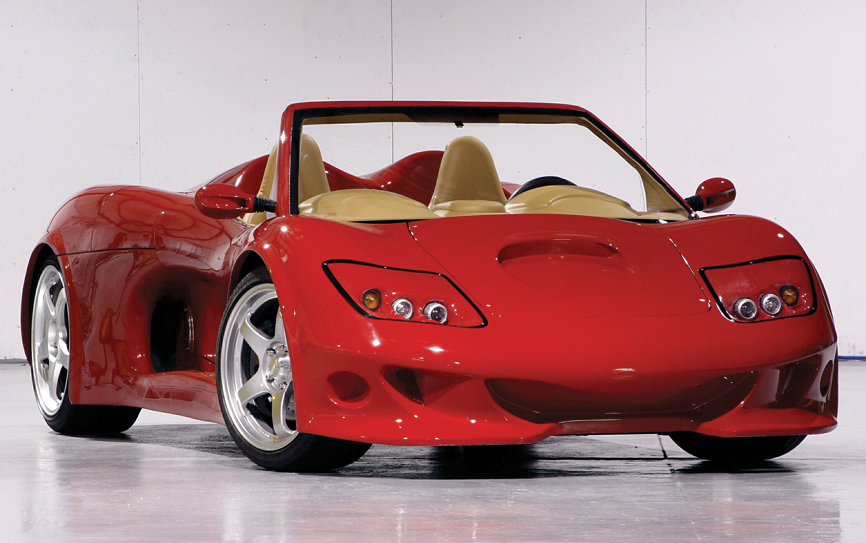
Hybrid Technologies offers the LiV series of purpose-built lithium electric vehicles, which also includes custom motorcycles, utility vehicles, and mobility scooters.
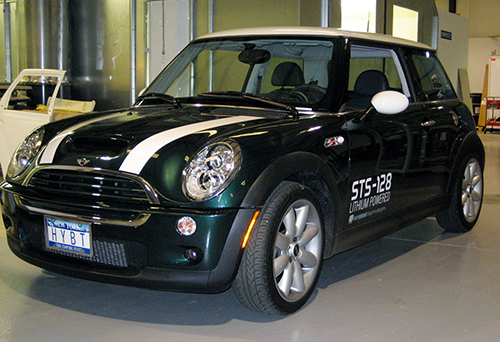
The EV MINI Cooper proudly displays its NASA heritage and boasts a range of 120 miles at 75 miles per hour.

Hybrid Technologies worked with Kennedy Space Center in the testing and development of its line of electric vehicles.




